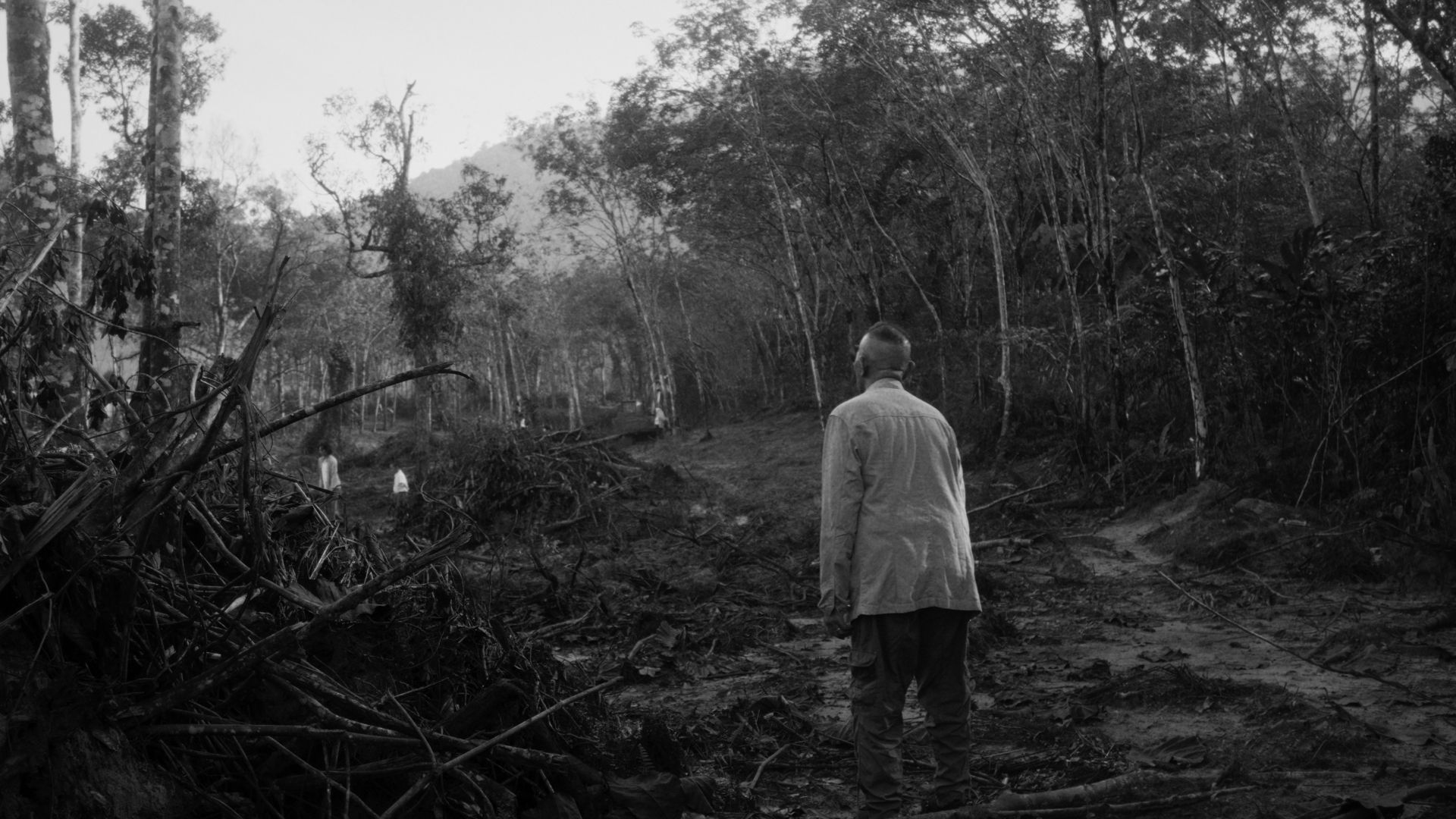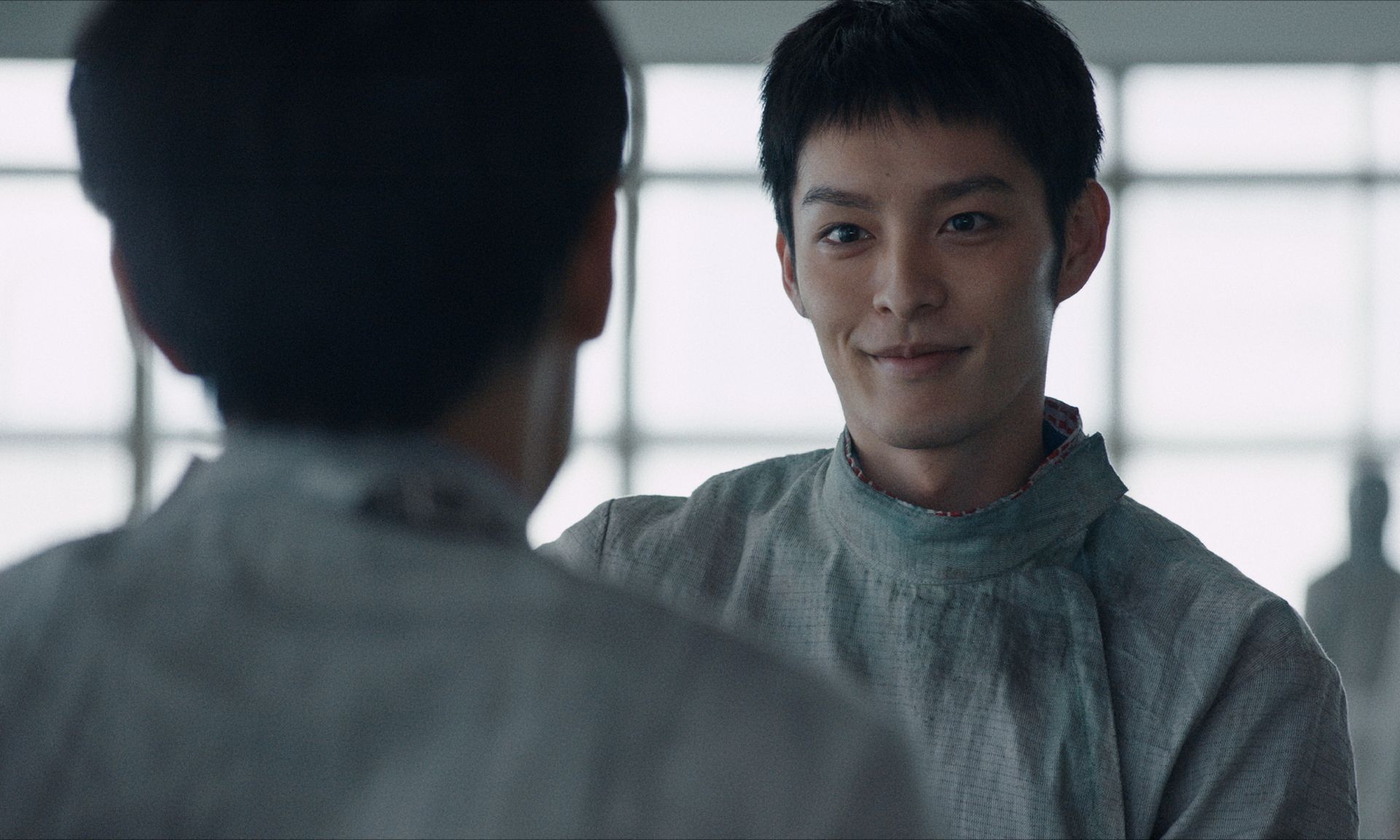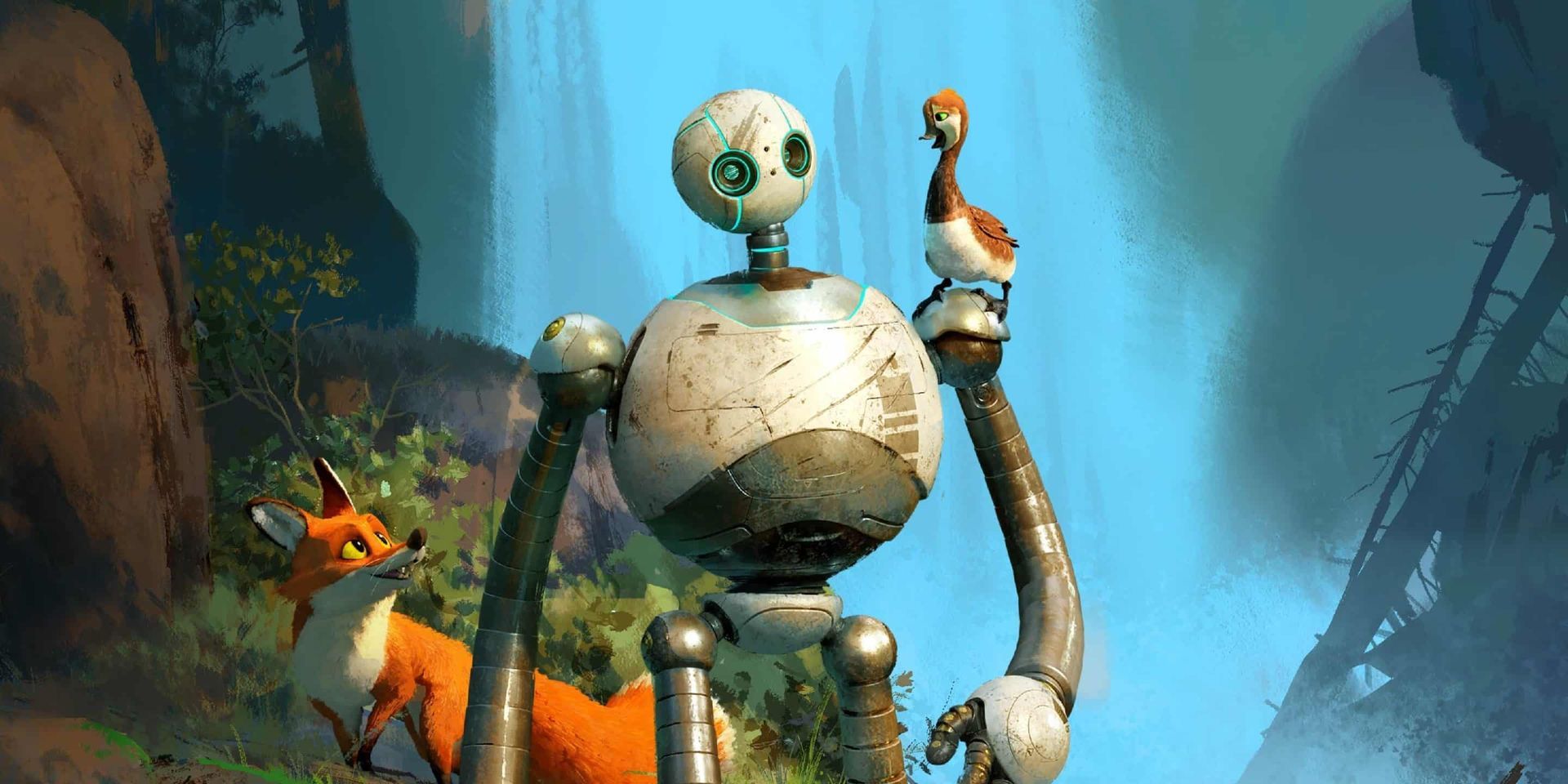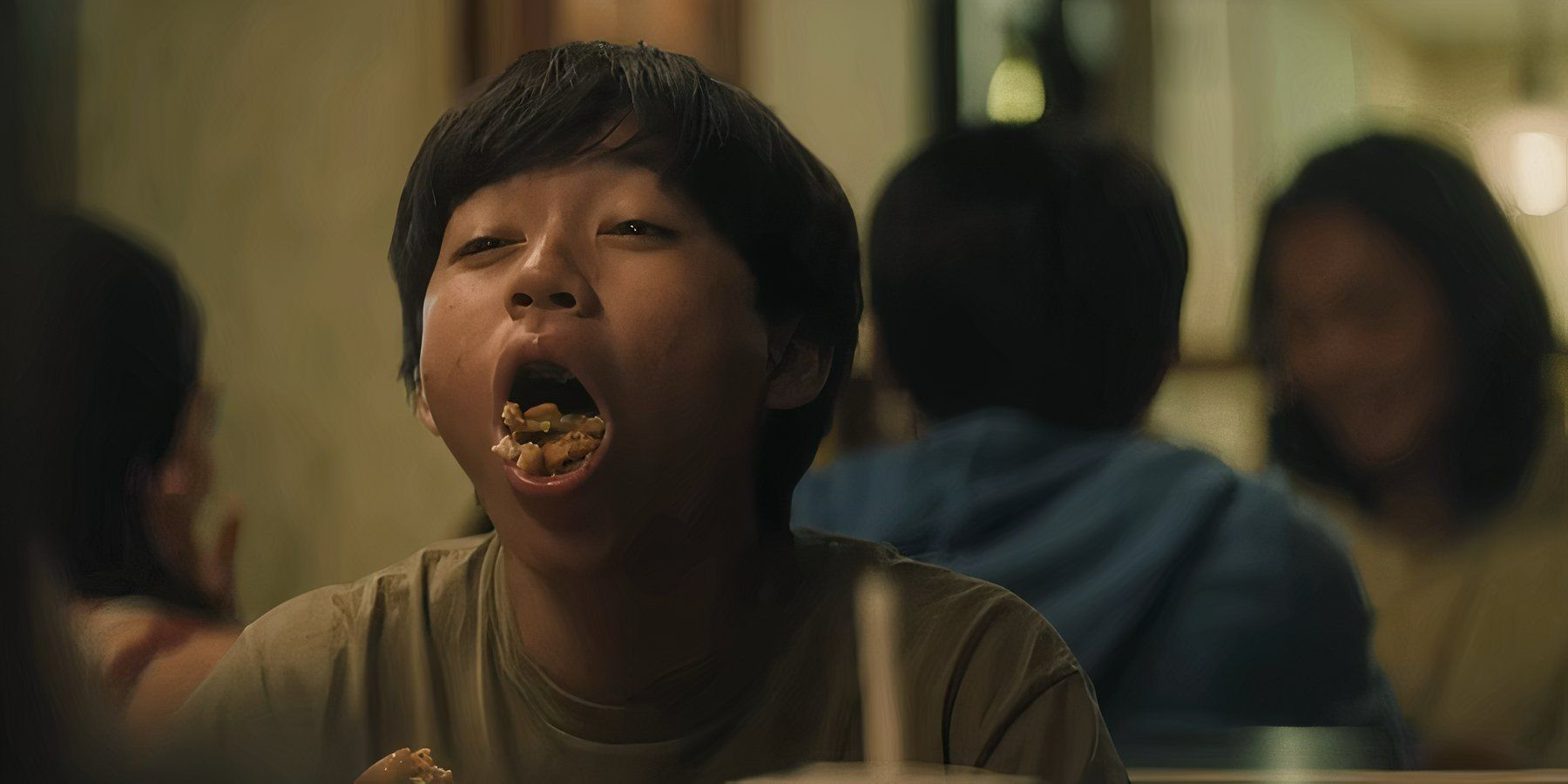Film Review #152: MILK (SYFF)
SYFF: MILK BY JAVIER LIM
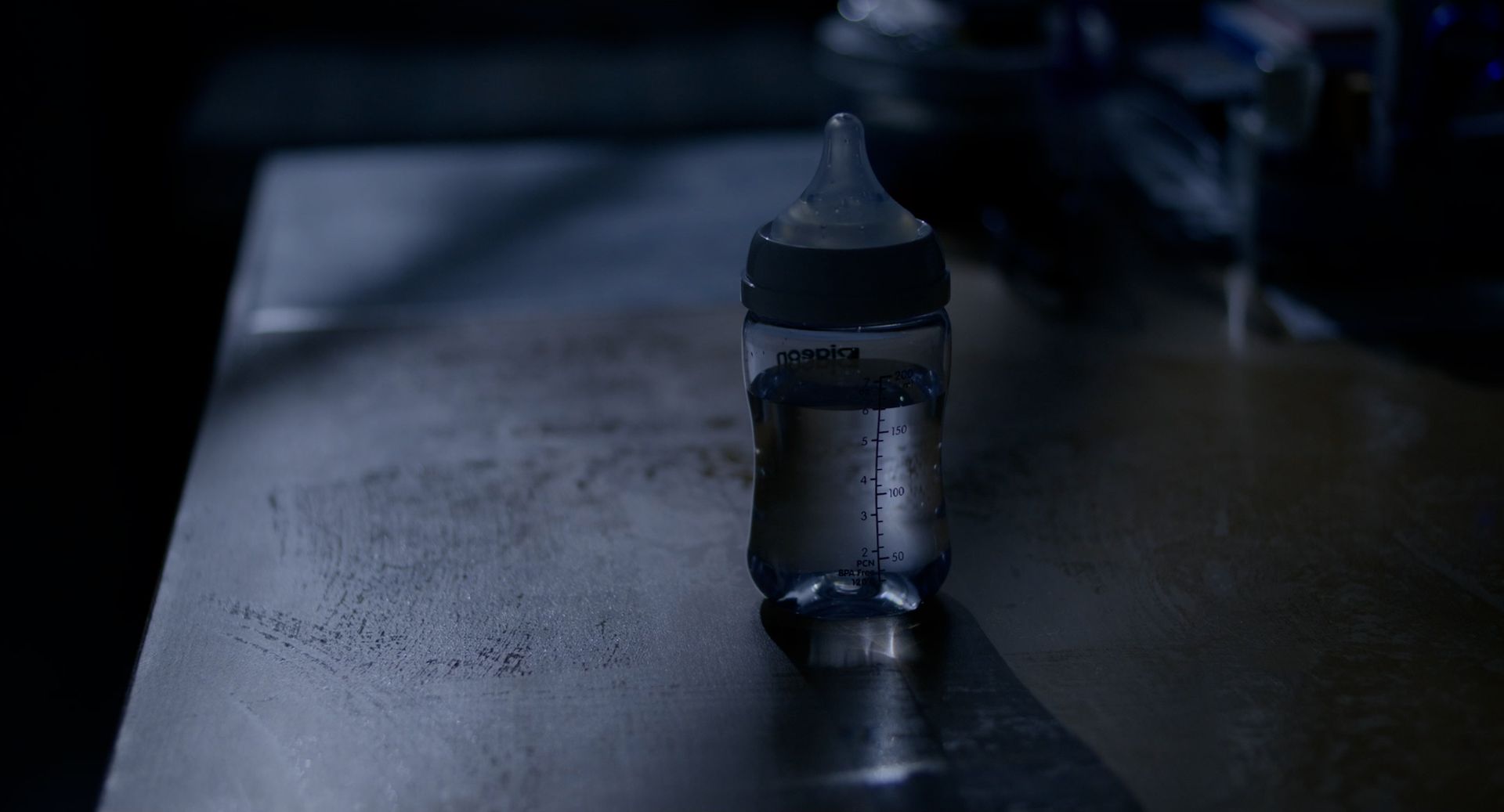
Having premiered at the Singapore Youth Film Festival 2024 (SYFF), Milk is a short film written and directed by Javier Lim, with his peers from Nanyang Technological University (NTU) Art Design and Media school (ADM). Nominated for Best Screenplay and Best Directing at this year’s SYFF, the film was their final-year graduation project. Before its premiere, I had the privilege of speaking to Lim about his experience and the creative process that he underwent while bringing this story to life.
“I actually never intended to pitch this movie,” says Lim. Yet one would not expect that, seeing the level of execution and intent that went into it.
Milk follows the story of a woman, completely new to motherhood, who is learning the ropes of balancing it with her work life. Entrusting the care of her baby boy to her mother-in-law during the week, the film unearths generational differences and explores the tensions that exist within parenthood, marriage, and maternal instincts. Loosely inspired by the complexities of motherhood and intergenerational differences surfaced in ‘Inferno: A Memoir of Motherhood and Madness’ by Catherine Cho,
Milk is a semi-autobiographical film where Lim relates the story back to the experiences of his own mother. “I read the book [‘Inferno: A Memoir of Motherhood and Madness] and I think it was the intergenerational conflict in
Inferno
that I related back to my mother’s experience that drove me to tell the story.”
Milk was therefore an homage to the female figures in his life – Lim drew on his experiences growing up, watching his mother and grandmother raise him.
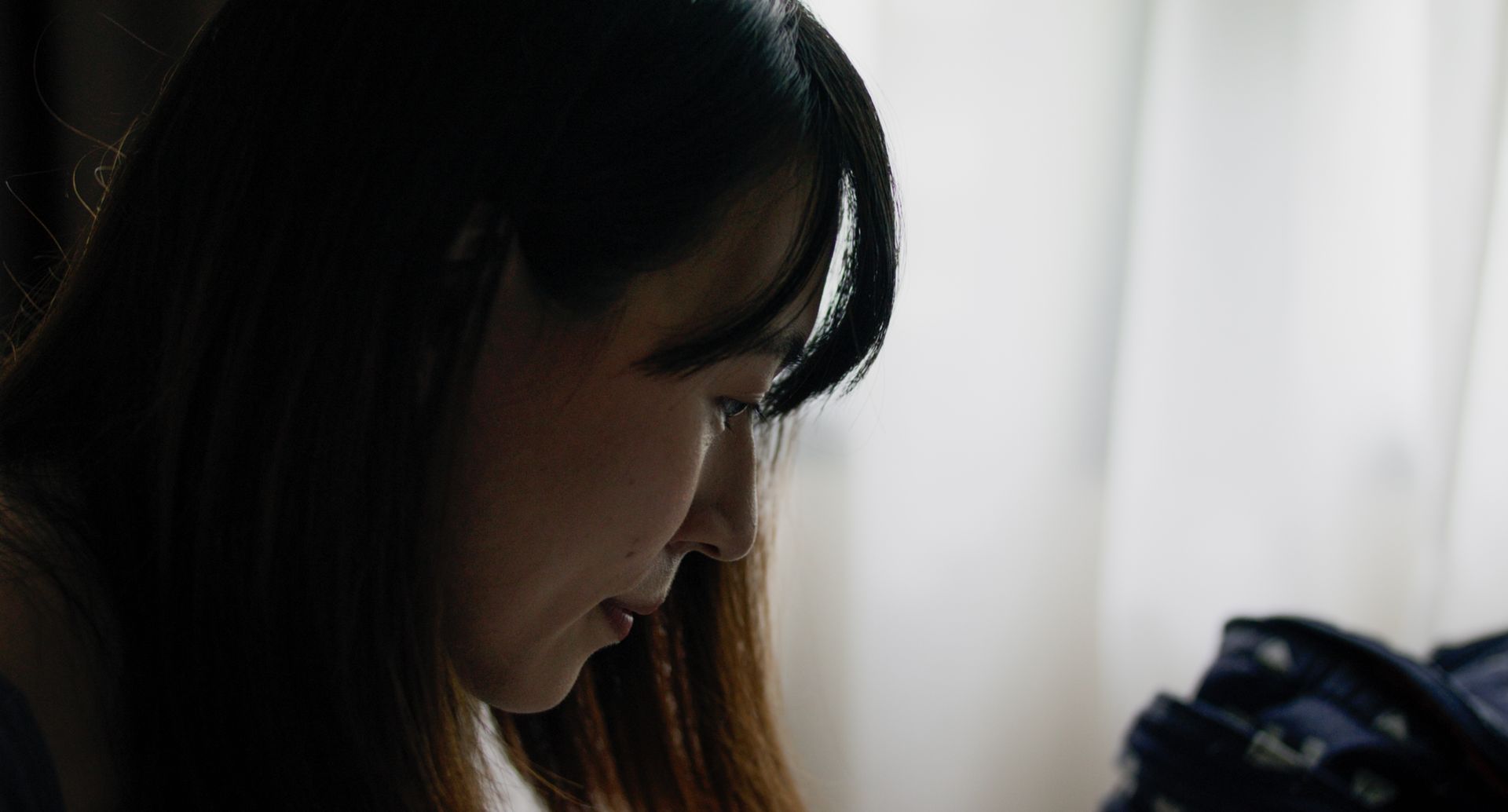
For a film that was only 15 minutes long, this thought-provoking tale introduces us to a range of extremely layered characters. The protagonist faces a strong internal struggle between caring for her son and her career, and feels pangs of guilt when she has to leave her son at her Mother-In-Law’s place. Subtle details of characterisation bring out her inner conflict – her constant worry reflected in her fretting over packing her son’s “chou chou” (i.e. comfort pillow that usually provides children a familiar scent) or scheduling time for her son’s medical checkups. Then, there is her husband, who in times of tension, precariously straddles between being a devoted husband who wants to ease his wife’s anxiety, and a faithful son to his mother.
“What was the intention of the husband’s character?” I asked Lim, “because on the first watch, I thought he was a ‘momma’s boy’”.
“We did consider removing the husband character actually, but it wasn’t working as fundamentally, the conflict involves the husband’s stance as well,” Lim responded. With the intention of keeping the conflict centred on the protagonist, Lim had no intentions to portray the husband as overtly good, “So the way we went was to make him a guy with good intentions but poor ways of showing them”. A viewer like me, could easily dismiss the husband’s role as an oblivious onlooker, the typical ‘bare minimum father’ who leaves domestic duties to his wife. Yet, it was evident that the husband is the bridge between the two women, highlighting how both key female characters are at odds with one another, and creating its own type of dysfunction within both relationships.
Finally, there is the Mother-in-Law, an elderly woman who has evidently accumulated years of caretaking. The audience would be quick to assume that given her age and experience, she would be a reliable caretaker for the baby boy. Yet, her joking banter with the baby seems to conceal a casual nonchalance towards the child. In addition, abiding strictly with traditions, she foresakes more modern methods of caretaking, which leads to the peak of the conflict in the film.
There is a synergy between these characters, as they bounce off each other with passive aggressiveness and contesting ideals of what it means to show love and care. The character dynamics between them flesh out nods to the anxieties of parenthood. Noticing all these conflicts between the characters, one can forget that all of them are ultimately bound together over their care for the baby. These details bring the short film back to what it tries to show: the complexities of marriage, and how ‘care’ often manifests itself in different ways. The film takes us on a journey to answer this question: what is the correct way to parent, when every generation is equally fallible, and has their own traditions of caretaking?
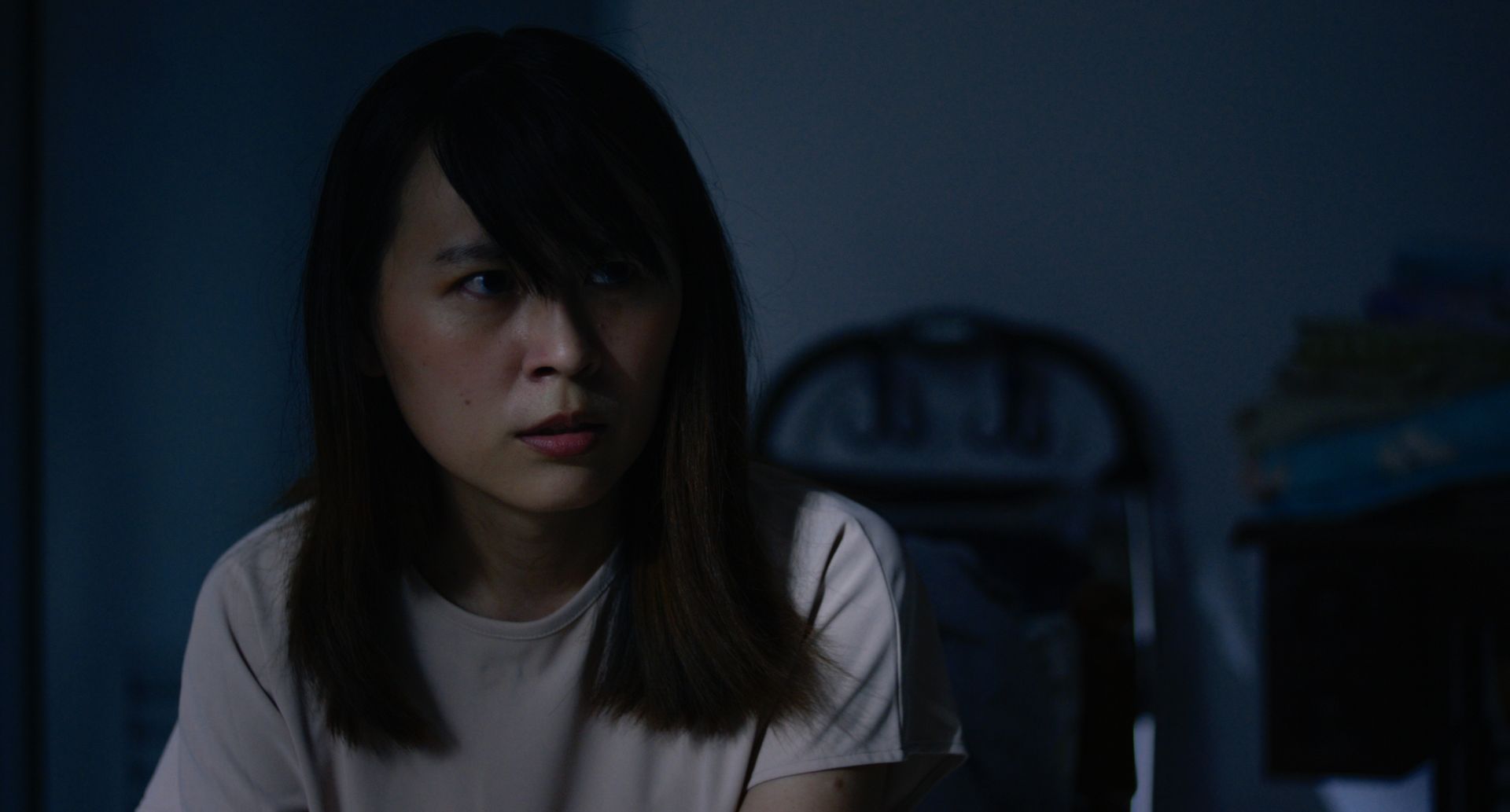
In a film that is so densely packed with detail and layers in its short duration, it conveys intention throughout. Asking Lim about his experience making this film, he told me in complete honesty, “It was actually very difficult. We had a lot of feedback when we wrote Milk. One thing is that I’m not a woman, so I had to navigate the gender differences in the script, but thankfully, our professors were very supportive and could give us advice on parenting to help with our script.” He said. “We came up with many drafts, and we kept drawing and visualising the chain of events, then trying different elements to find one that worked out.” He continued.
[🚨The following paragraph contains minor spoilers, read at caution or skip to the paragraph after!]
In a riveting final scene, we see the mother holding on to her baby boy, as she walks through the quiet neighbourhood intercut with cars swiftly whizzing past her. In this moment where the film reaches its emotional high, there is a palpable anxiety and desperation. We witness the instinct of motherhood kicking in, where protection has become her first priority. As the film ends, we see her sit down on a park bench holding her son, as a sense of stillness washes over the screen. “What did the ending mean to you?” I asked Lim. “The ending sequence was mainly for the mum character, because she’s never had a proper moment with her child. In that intimate moment, after doing something drastic, she was feeling the bond she couldn’t feel since she left [the child at the Mother-In-Law’s house].”
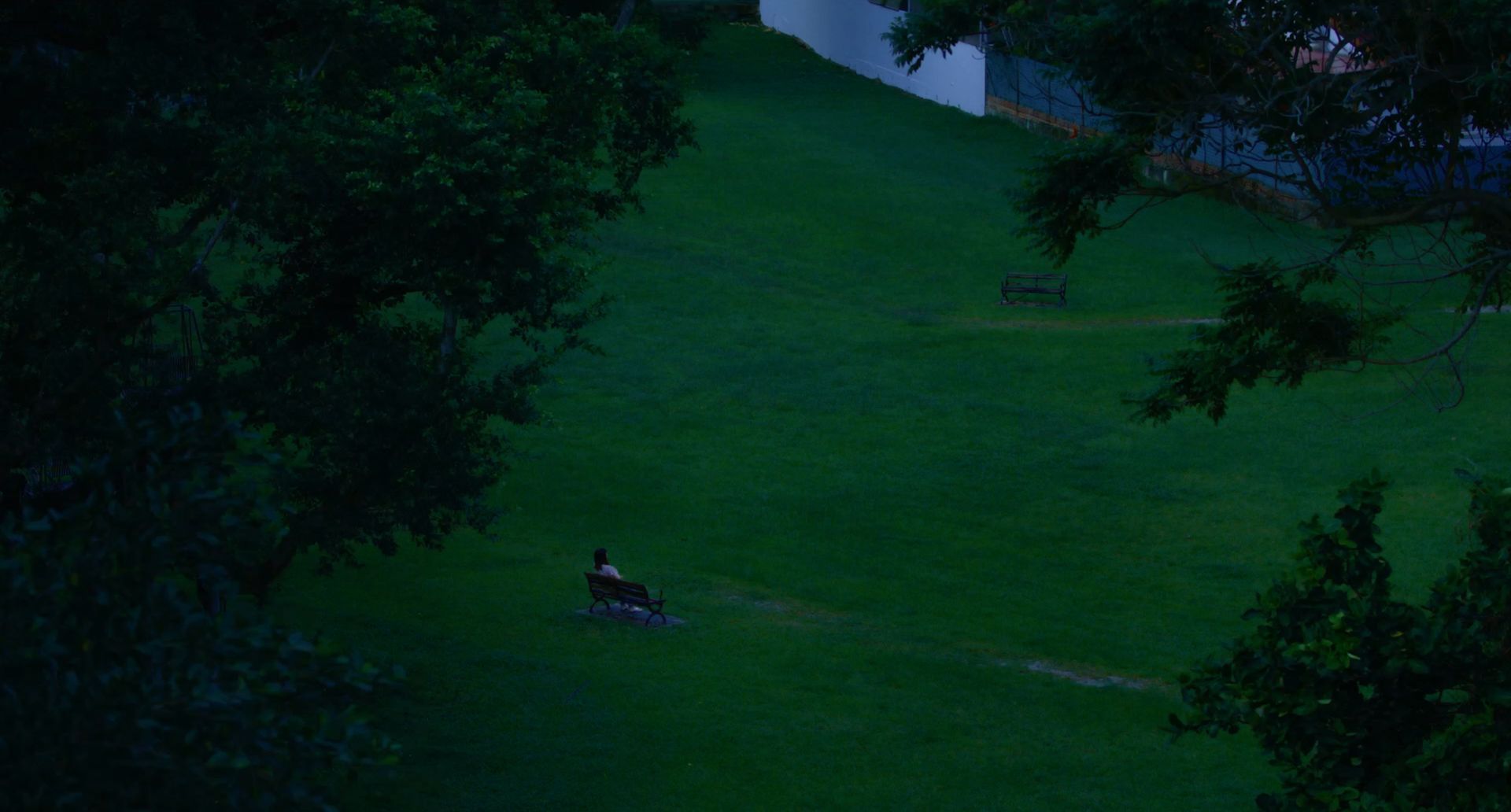
From its richly layered and thought-provoking dialogue, to the profound narrative, the film offers viewers a chance to reflect and engage deeply with its story, allowing them to form their own personal connections and resonance with the film. It’s a film constructed with deliberate care that supports a clear artistic vision, and a lot to be applauded for. “So what’s something you were extra proud of?” I asked out of curiosity. “Completing the film,” Lim laughed. When I asked what he learned on set, he said “I think I look at directors differently, I’ve become more aware of things that happened, the inner workings of a scene. I feel like I’ve become more confident, I know what to ask and how to be more analytical about the shoot. It’s thinking in the mind of the director.”
To end our conversation, I asked Lim “What’s one thing you hope audiences take away from your film?”
“Learn more about motherhood, what it's like to be a working mum and having to deal with a new family. And babies can’t drink water.”
While the short film isn’t available online yet, viewers can follow their socials @milk.thefilm on Instagram to stay updated on the film.
Image sources: Javier Lim
---------------------
About the author: A devoted fan of indie cinema and an avid music enthusiast, Mavis is a pop culture junkie with a keen interest in all aspects of contemporary culture. She especially loves female-forward narratives and passionately champions representation in film, continually educating herself on the importance of diverse storytelling. Whether sitting in a cinema or browsing through crates of vinyl, Mavis enjoys being immersed in tangible experiences that bring stories and music to life.
This review is published as part of *SCAPE’s Film Critics Lab: A Writing Mentorship Programme, with support from Singapore Film Society.


